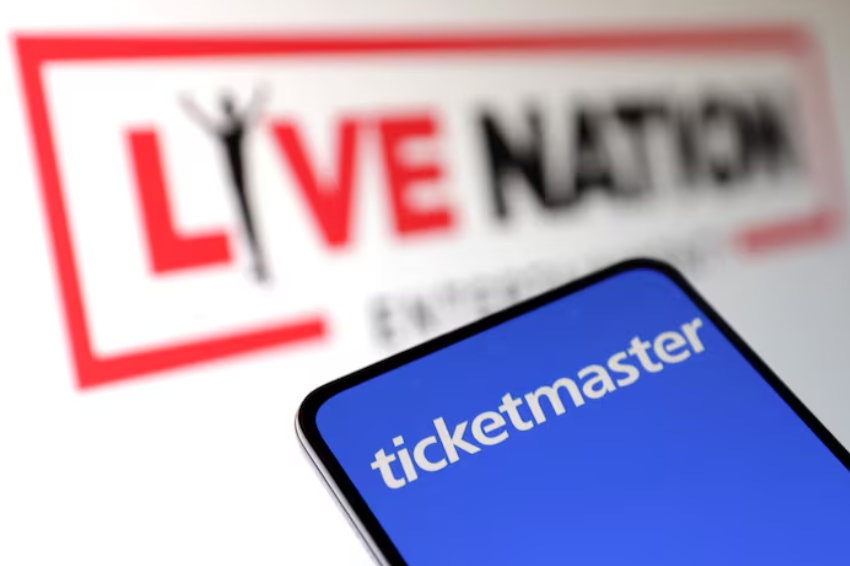Attorneys general from about two dozen U.S. states are seeking treble damages against Live Nation Entertainment and its ticket-selling unit, Ticketmaster, accusing them of monopolizing markets across the live concert industry. This updated lawsuit builds on a case originally filed in May.
The U.S. Justice Department and several states had sued three months ago, aiming to break up Live Nation. They argued that the concert promoter and Ticketmaster had illegally inflated concert ticket prices, harming both artists and consumers.
In the original lawsuit, some states sought damages under state law. By adding claims under the federal anti-monopoly law, they can now pursue three times the monetary damages. On Monday, ten additional states joined the lawsuit filed in Manhattan federal court. This brings the total to 39 states and the District of Columbia, with 26 states and D.C. adding claims for treble damages on behalf of their residents.
New York Attorney General Letitia James stated that her office is seeking damages for the amount state residents were overcharged by Live Nation and Ticketmaster. She emphasized the need for a “new era where fans, venues, and artists are not taken advantage of by big corporations that run the world of live events.”
The lawsuit alleges that Live Nation directly manages more than 400 musical artists and controls around 60% of concert promotions at major venues.
It further claims that Live Nation owns or controls over 265 concert venues in North America and, through Ticketmaster, controls roughly 80% or more of primary ticketing for concerts at large venues.
Live Nation has stated that it will fight the allegations in court. The company did not immediately respond to a request for comment on Monday.
The DOJ, in its court filings, asserted that the “vast scope” of Live Nation and Ticketmaster’s operations has allowed them to dominate nearly every aspect of the live music industry.
The Justice Department had approved Ticketmaster’s controversial merger with Live Nation in 2010, under conditions intended to prevent the combined company from stifling competition.
However, in 2020, a court extended most of the DOJ’s oversight of the merger until 2025, citing Ticketmaster’s retaliation against stadiums and arenas that chose to use other ticketing companies.
The DOJ now claims that Live Nation has engaged in further anticompetitive activities since the last case.

